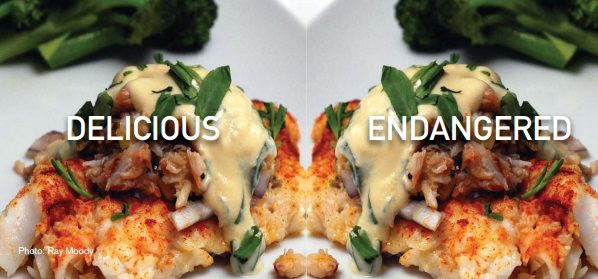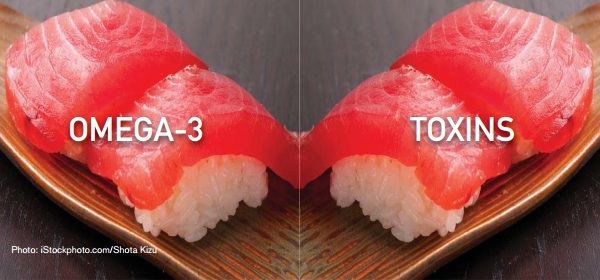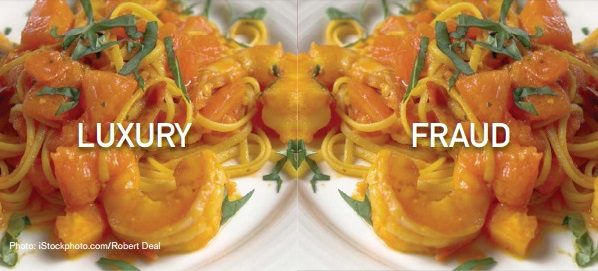March 3, 2017
What’s On Your Plate? Canada Takes Aim at Seafood Fraud
Estimated reading time: 0 minutes
We are all aware that there are foods we should and shouldn’t be eating. We are inundated with tips on how to choose meals that are better for our health, the planet and even our wallets. But what if you thought you were making the right choice, but were being lied to…? In many places around the world, including Canada, this can be a disturbing reality.
Dalhousie University just released a study revealing that 63 per cent of Canadians are concerned about food fraud but do not know what to do about it. Food fraud is of particular concern in the seafood industry: an Oceana report on global seafood fraud found that, on average, one in five of the more than 25,000 samples of seafood tested worldwide was mislabelled. And Canada is not the exception, the report found that up to 41 per cent of Canadian seafood samples are mislabelled.
View an interactive map of the report’s findings here.
People have a right to know exactly what they are eating and where it comes from.

Ordering the mystery meal
Seafood is a global commodity that follows a long, complex and opaque supply chain. Seafood fraud comes in many forms, including species substitution—often a low-value or less desirable seafood item swapped for a more expensive or desirable choice—improper labelling, including hiding the true origin of seafood products, or adding extra breading, water or glazing to seafood products to increase their apparent weight.

Canada takes on seafood fraud
Seafood is an important part of Canada’s cultural identity. We love our salmon, lobster, tuna, and shrimp, among other popular options. According to a 2015 Oceana Canada-commissioned research poll, approximately 25.8 million Canadians eat seafood regularly. These consumers expect the food they purchase to be safe, nutritious, legally caught and correctly identified.
There is a global trend toward consumers demanding more information about their food, and governing bodies responding to ensure it is available. Following Oceana’s campaign in the United States, which included seafood testing to expose fraud and lobbying for reform, the Obama administration announced the Seafood Import Monitoring Program to address illegal fishing and seafood fraud.
Now, it’s Canada’s turn.
Canadian seafood labels provide very little product information – much less than what is required in the European Union and the United States. The information that is given can be misleading, which affects consumers’ wallets and health, undermines the honest businesses and fishers that play by the rules, and puts our oceans at greater risk.

We have an opportunity to help tackle this right now. The Canadian Food Inspection Agency (CFIA) is asking Canadians for their input on modernizing and updating food labelling requirements. Many organizations, including Oceana Canada, are taking this opportunity to urge CFIA to make it mandatory that seafood labels include essential information such as the product’s scientific name, production method (wild-caught or farmed), the catch area and type of fishing gear used.
You can help by completing CFIA’s online survey by March 14, 2017. Take the survey and ask for full public disclosure in seafood labelling to ensure Canadian consumers get clear and truthful information about their seafood purchases.
It’s time we knew more about the seafood on our plates so that we can choose food that is healthy for us and the planet. Help make this happen: take the CFIA survey to show your support and join us as a Wavemaker to stay connected to the latest updates on ending seafood fraud in Canada.

